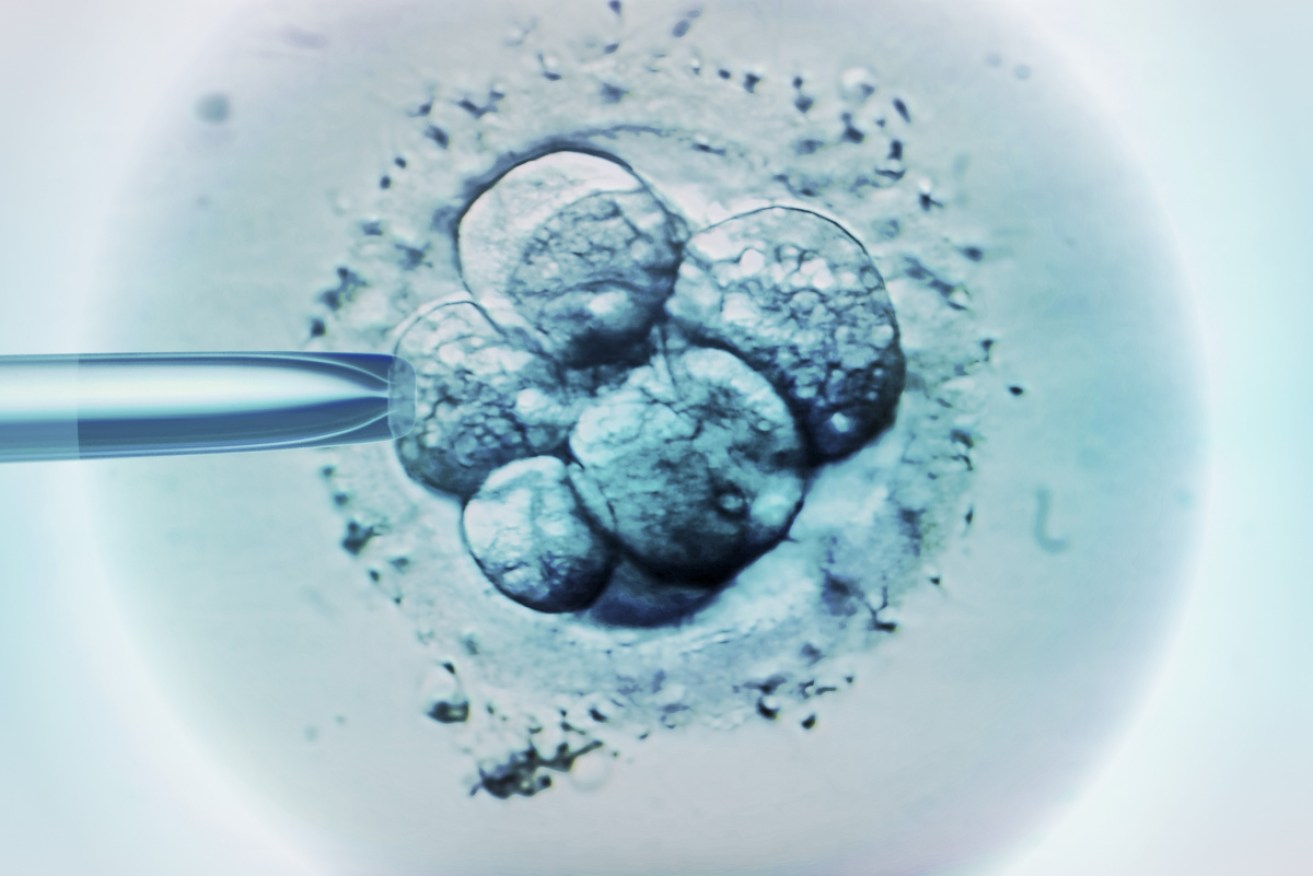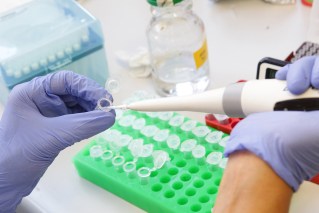Scientists create early-stage human embryos from skin cells

Researchers say it will help scientists study infertility, miscarriage and congenital diseases. Photo: Getty
Scientists have created human embryos from skin cells, in what is being hailed as a breakthrough in the study of infertility but has also raised serious ethical questions.
An international team, led by researchers from Monash University in Melbourne, was able to reprogram skin cells into three-dimensional structures akin to the early stages of human embryos.
Lead researcher Jose Polo said the breakthrough would help research that previously required an embryo derived from an egg and sperm.
“It will allow us to study the early days of human development without using human embryos, and it will allow us to study many cases of infertility and, for example, why many miscarriages happen within the first two weeks of pregnancy,” he said.
The head of the Monash Biomedicine Discovery Institute, John Carroll, said the breakthrough came after years of experimentation.
“They had this sort of eureka moment where they were looking down the microscope and discovered that they’d formed these little embryo-like looking structures,” Professor Carroll said.
“Globally this will be big news all over the research world, there’s been a lot of interest in trying to get this breakthrough.”

Scientists successfully reprogrammed fibroblasts, or skin cells.
Professor Carroll acknowledged that the science raised some major ethical questions, but said it was important to stress that the embryos could not be considered viable.
“It is a question that needs to be looked at, but this is really an in vitro model. It doesn’t really develop past day 10 or 11 of normal development in the lab,” he said.
“I think what it does is provides us with this avenue into medical advances, and, you know, there are strong, strong globally applied ethical frameworks and regulation, legislation that really stops anything going too far with human material.”








